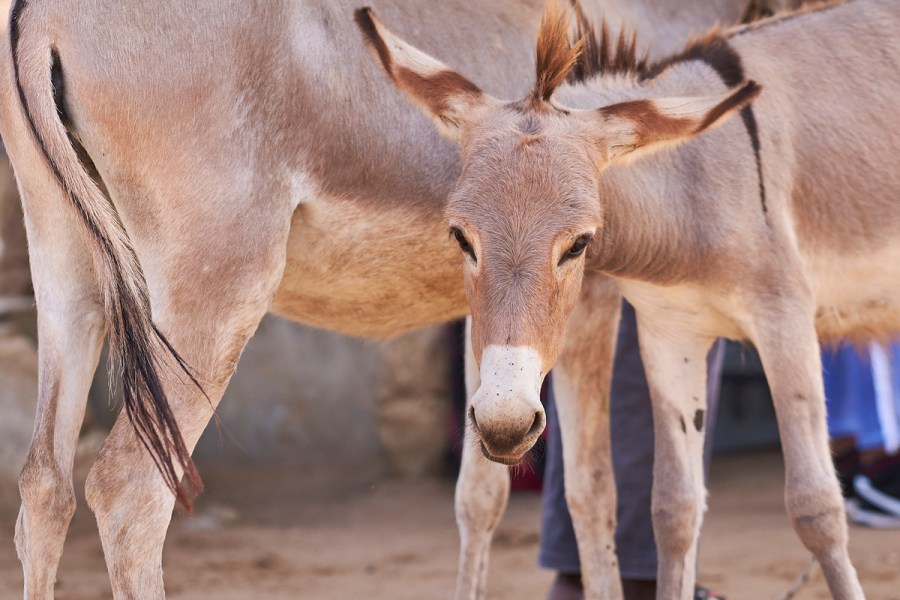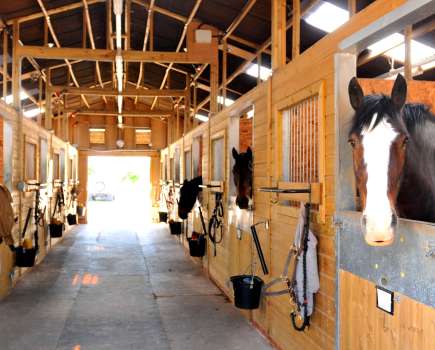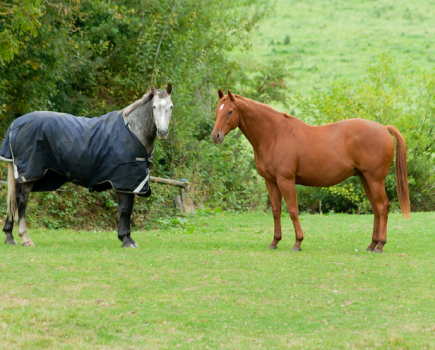The African Union has banned the donkey skin trade, signalling an end to the legal slaughter of hundreds of thousands of donkeys within the continent. Over the past decade, Africa has seen its donkey population decimated due to Chinese demand for ejiao, a gelatin used in traditional Chinese medicine that is made from boiling down donkey skins.
Believed to have unsubstantiated health benefits, demand for ejiao has obliterated China’s own donkey population, leading to huge export industries elsewhere – including in Africa and South America.
On 17-18 February, African Union Heads of State met in Addis Ababa, Ethiopia for the 37th Ordinary Session of the African Union Assembly to ratify a number of motions including the ban, which was proposed by the Specialised Technical Committee for Agriculture, Rural Development, Water and Environment in November last year.
The proposal cited a report, Donkeys in Africa Now and In The Future, produced by the African Union Inter-African Bureau for Animal Resources (AU-IBAR) with support from global welfare charity Brooke, which highlighted the alarming decline of the donkey population within Africa and the devastating impact on livelihoods due to the trade.
Brooke has been lobbying for the ban for years. In November 2022, Brooke was secretariat of the Pan African Donkey Conference in Tanzania, where ministers signed the historic Dar es Salaam declaration, which kick-started Union discussions to ban the trade.
The charity’s East Africa Regional Director Dr Raphael Kinoti was in attendance at this month’s Summit.
“This is a terrific moment for communities in Africa who have benefitted from donkeys since time immemorial,” he said. “It is also a great moment for donkeys all over the world and for indigenous African biodiversity conservation. Donkey slaughter for its skin has had many negatives; from eroding livelihoods in Africa to robbing the continent of its culture, biodiversity and identity. We must all applaud AU heads of states for taking these bold and drastic measures for a good cause. We urge all AU members to uphold the decision for the good of all”.
He was joined by Brooke West Africa Regional Representative Emmanuel Sarr, who said: “This is an historic moment. Even if it is not the war that we have just won, we have at least won this African battle which, I hope, will one day be global. I will be proud to tell my children that I witnessed and contributed to this moment.”
Looking forward, Brooke will work with governments and policy makers to advocate for the enforcement of the ban and call for a global ban to protect donkeys around the world from this trade.
Lead image by Xaume Olleros for Brooke









